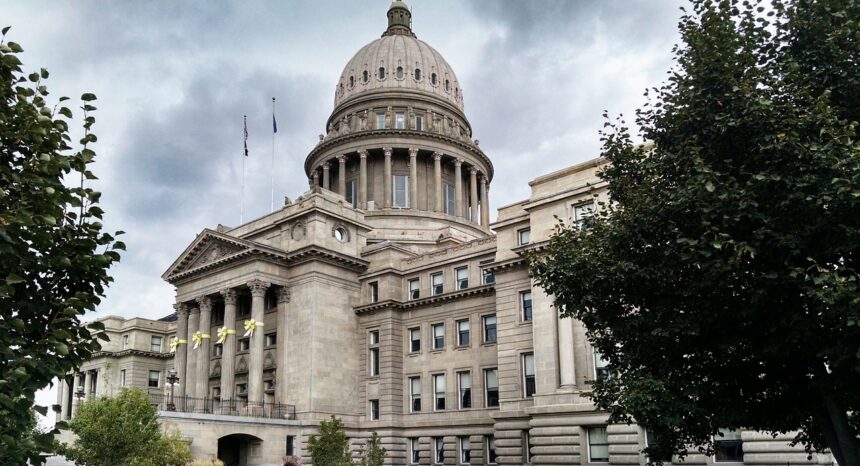Scholars have hypothesized that state capitals such as Trenton, N.J., Albany, N.Y., or Springfield, Ill., may be more susceptible to political corruption because they are geographically remote from their state’s major metropolitan centers — and therefore remain out of the full glare of the public spotlight. But prior research has not definitively established a precise connection or pinpointed the mechanisms that might explain such a pattern.
A 2012 paper by Filipe R. Campante of the Harvard Kennedy School and Quoc-Anh Do of Singapore Management University, “Isolated Capital Cities, Accountability and Corruption: Evidence from U.S. States,” examines and correlates Department of Justice data on corruption cases; state demographic data that shows the population patterns and voter distribution around capital cities; levels of newspaper coverage of state politics; and levels and geographic patterns of monetary contributions to state-level political campaigns.
The study’s findings include:
- There is a robust “empirical connection between isolated capital cities and greater levels of corruption across U.S. states.” This “holds with different measures of corruption, and different measures of the degree of isolation of the capital city.”
- The data suggest that state politicians “tend to get more money from campaign contributions in states with isolated capitals, belying the fear that having the capital in a major economic center would lead to a greater risk of capture of state politics by economic interests — and consistent with the idea that lower levels of accountability in isolated capitals would actually increase that risk.”
- Voter turnout in state elections tends to be “lower in areas that are relatively far from the capital.”
- Newspapers dedicate greater coverage on average to state politics when “their audience is more concentrated around the state capital.”
- The researchers demonstrate that greater media coverage — and the accountability it brings to the political process — is most strongly associated with lower levels of corruption, and capital cities that have weaker newspaper coverage tend to have higher levels of corruption.
- The provision of public goods — spending on hospitals, education, health and public welfare — is associated with the levels of population geographically near the capital city. In states with isolated capital cities, spending on public goods is typically diminished.
The study’s authors conclude that this geographic dimension of state politics “affects institutional performance along important dimensions such as the prevalence of corruption, even in a fully democratic context. From a policy perspective, in particular, one is led to conclude that extra vigilance might be needed, when it comes to polities with isolated capital cities, in order to counteract their tendency towards reduced accountability.”
Keywords: municipal, campaign fundraising, news, crime, corruption, accountability, population concentration, capital cities, U.S. state politics, media, voter turnout, campaign contributions, public good provision


Expert Commentary